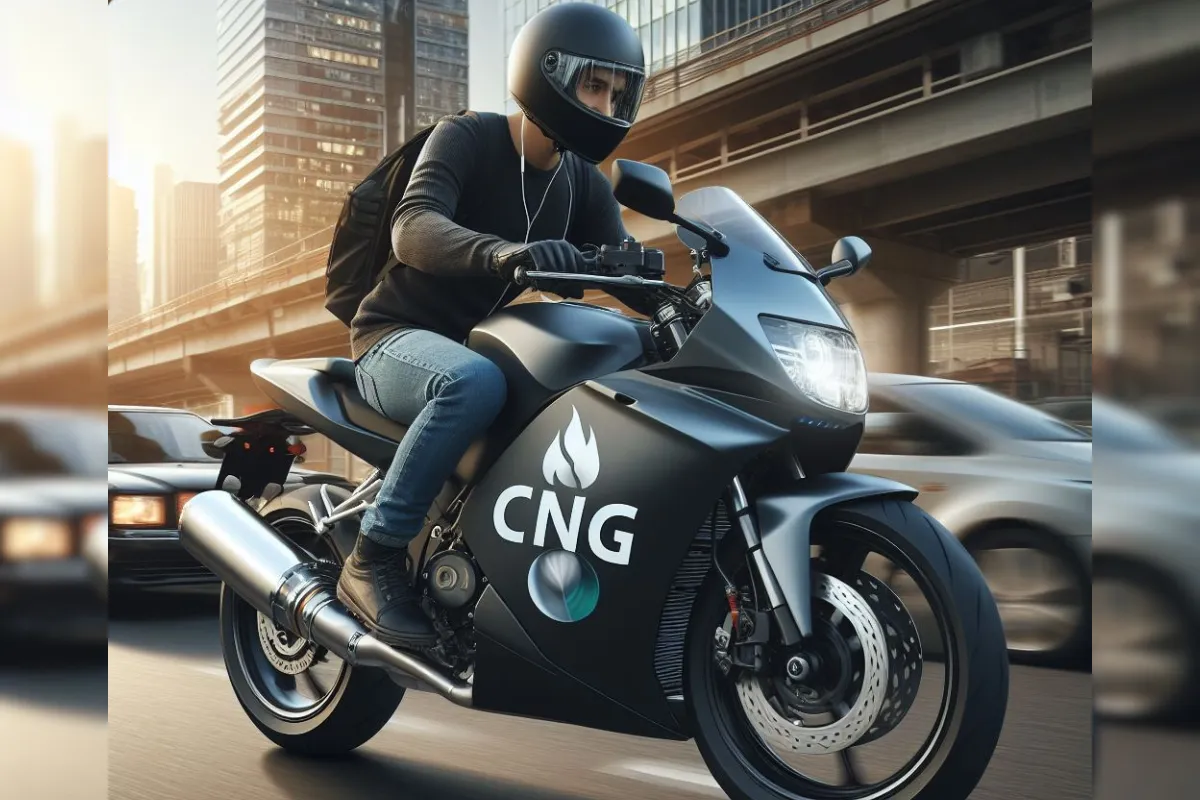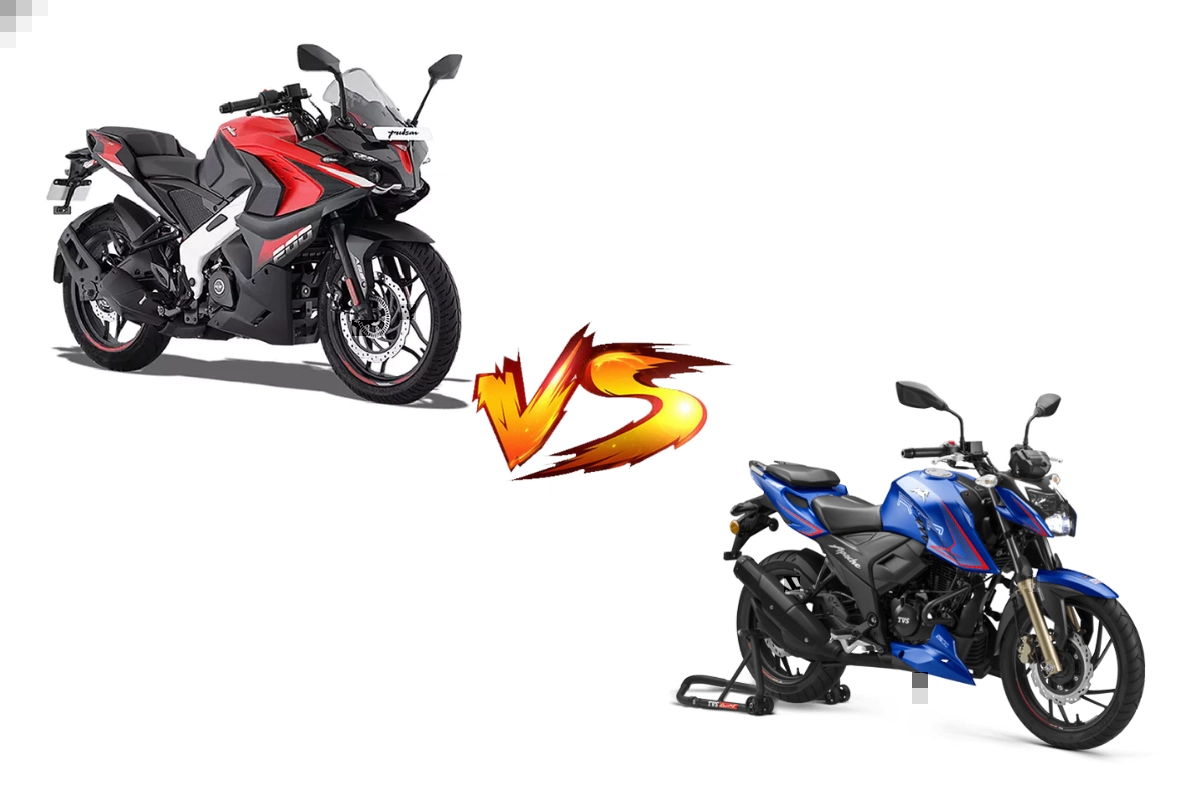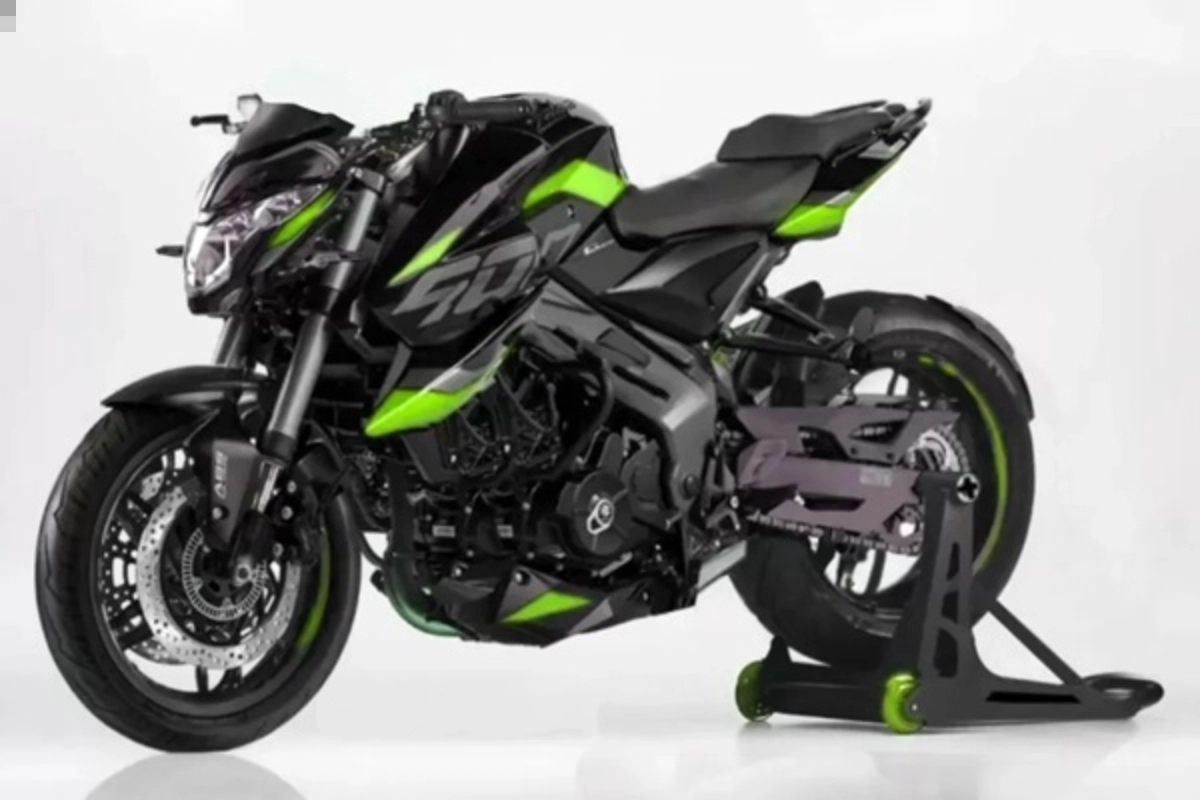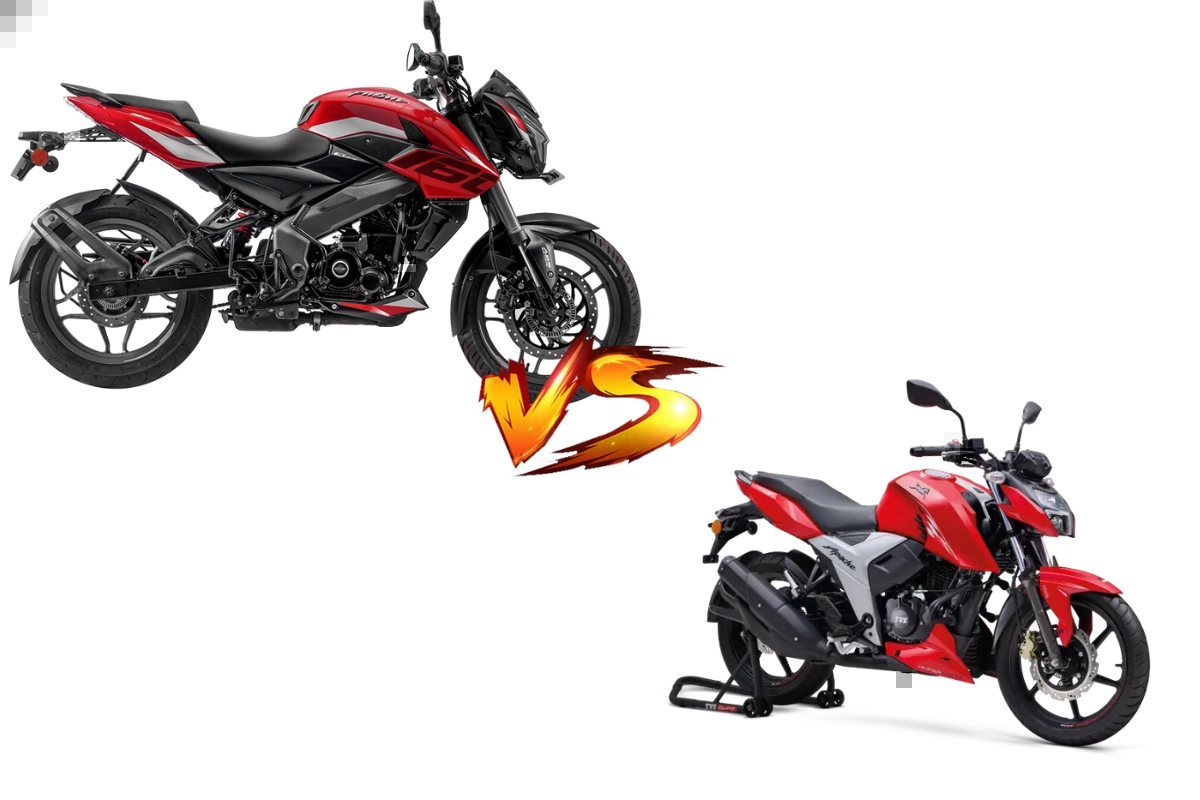The shift towards compressed natural gas (CNG) as a viable fuel alternative is gaining momentum in India’s automotive landscape, with Bajaj Auto spearheading a transformative initiative in the two-wheeler segment. As the demand for cleaner and more sustainable mobility solutions grows, Bajaj’s foray into CNG-powered motorcycles and scooters holds significant promise for the future of urban commuting.
Rising Demand for CNG-Powered Vehicles
The surge in registrations for CNG-powered passenger three-wheelers reflects a burgeoning demand for eco-friendly transportation options. Notably, the penetration of CNG in all three-wheelers has risen from 26% in 2020 to an impressive 57% today, with passenger three-wheelers leading the charge at 67%.
Bajaj’s Vision for CNG Two-Wheelers
Undeterred by past challenges, Bajaj is poised to revolutionize the two-wheeler market with its ambitious plans for CNG-powered motorcycles and scooters. With a targeted launch of a CNG-powered motorcycle by 2024-25 followed by a CNG scooter, Bajaj aims to tap into the untapped potential of CNG as a commercially viable fuel for two-wheelers.
Confidence Inspired by Three-Wheeler Success
Bajaj’s confidence in the feasibility of CNG for two-wheelers stems from its success in the three-wheeler segment. Customers, attracted by the economic and environmental benefits of CNG, are increasingly opting for CNG-powered three-wheelers, underscoring the viability of this alternative fuel option.
Infrastructure Support and Cost Considerations
The widespread proliferation of CNG infrastructure across the country, coupled with favorable running costs compared to petrol vehicles, further bolsters Bajaj’s case for CNG-powered two-wheelers. While electric vehicles (EVs) present stiff competition, CNG offers a compelling alternative, particularly in terms of refueling convenience and operational costs.
Challenges and Future Prospects
Despite the potential of CNG as a sustainable fuel, challenges such as safety concerns and regulatory compliance need to be addressed. Bajaj’s endeavor to modify its internal combustion engine (ICE) platform for CNG compatibility reflects a proactive approach towards overcoming technical barriers.
Promoting Adoption and Addressing Criticisms
Bajaj’s advocacy for a reduction in goods and services tax (GST) on CNG two-wheelers underscores its commitment to promoting adoption and addressing affordability concerns. While critics question the rationale behind prioritizing CNG over electric mobility, Bajaj remains steadfast in its conviction that CNG offers a pragmatic solution, especially in the context of existing infrastructure and cost considerations.
Keep watching our YouTube Channel ‘DNP INDIA’. Also, please subscribe and follow us on FACEBOOK, INSTAGRAM, and TWITTER.












